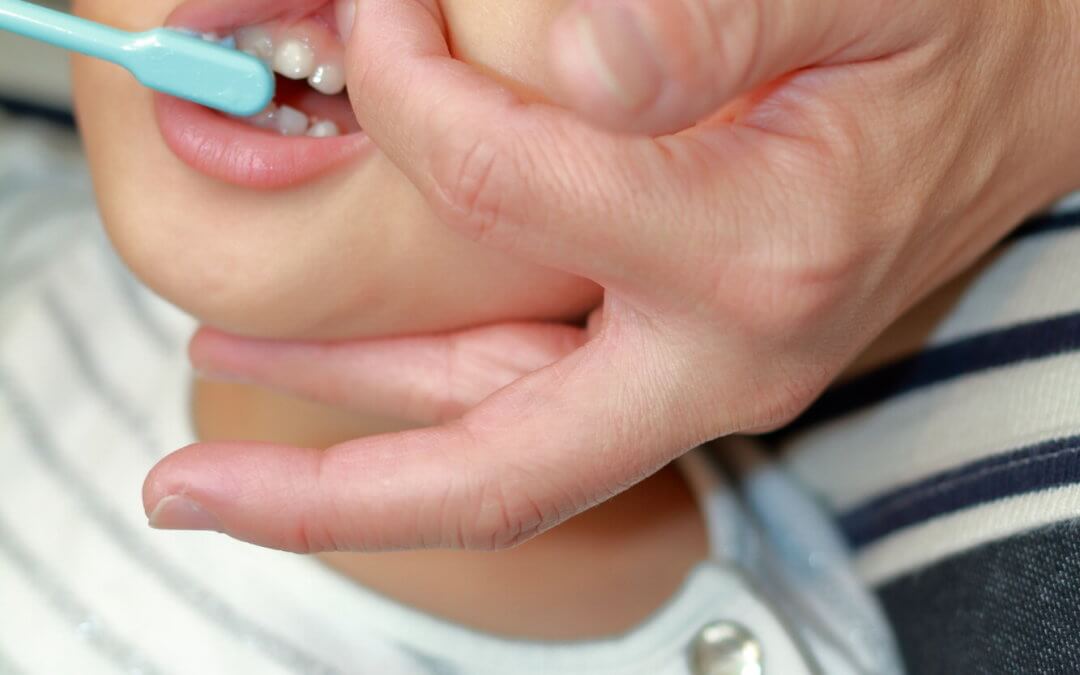Did you know that 42% of children between the age of two and eleven have dental caries? Nearly a quarter of these children have caries that go untreated and become painful cavities.
This may bring up several questions about your child’s oral health and what you can do to prevent any issues. What are caries and how do they develop? Why are children more susceptible to cavities than most people? What does this mean for their overall health and wellbeing?
Continue reading to learn more about tooth decay in children in this pediatric dentist guide.
What Is Tooth Decay?
The term “dental caries” refers to tooth decay (usually due to a lack of oral hygiene). It is a disease that develops from the bacteria that eat away at the teeth. Failing to brush and floss your teeth routinely leads to the wearing down of the different layers of the teeth.
Some bacteria in the mouth is normal. Unfortunately, when your child consumes too much sugar from their current diet, they may have an excess of plaque on their teeth and bacteria in their mouth. The excess bacteria feeds on this sugar, and, as a result, produces acid that can damage teeth.
Over time, this acid will wear down on the protective outer layer of their teeth (enamel). This process takes a while because the enamel is the hardest part of the human body. When it finally makes its way through the enamel, it won’t take as long to break down the softer layer underneath (dentin).
Once the bacteria enter through the other layers into the dental pulp (nerves and blood vessels) within the tooth, it can cause issues like inflammation and pain. In more serious cases, the bacteria can cause oral infections. Without treatment, the infection can spread to other parts of the body causing life-threatening issues like brain abscesses, heart disease, or diabetes.
Dental caries can easily become cavities when left untreated. It’s important to get your child to the dentist before they become an issue.
What Are Cavities?
Dental cavities are openings or holes in the teeth that occur as a result of the bacteria that caused the initial tooth decay.
They often appear in the hard-to-reach places in the mouth, like the spaces between the teeth. Because a toothbrush can’t clean between the teeth, it is very important to floss to help prevent a plaque buildup there. Cavities can also begin in the microscopic fissures and pits that are found in the molars.
Some signs that your child may be developing a cavity include tooth sensitivity to hot or cold items, pain when biting or chewing, and visible holes or discoloration on the teeth. Fortunately, cavities are preventable.
Who Is At-Risk for Tooth Decay?
Children are more at-risk to struggle with tooth decay because they don’t know how to properly care for their teeth. However, this isn’t the only reason for decaying teeth. You can also find tooth decay issues amongst children who:
- Don’t have access to fluoride in their drinking water
- Have a diet that is high in sugar and carbohydrates
- Struggle with a reduced salivary flow (due to medication or genetics)
These issues can lead to cavities or premature tooth loss in children. You might think that this isn’t a big deal because your child will lose their baby teeth before getting their permanent teeth. It’s essential to take care of your child’s oral hygiene now to prevent issues that might occur in the future even though they will get new teeth in a few years.
Preventing Oral Health Problems
Before cavities form, your pediatric dentist can help you come up with a plan for optimal oral health. The best pediatric dentist for your child will educate you on all the ways you can help them prevent the development of oral health issues. This is exactly what we aim to do at The Kid Dentist.
The first step in ensuring your child’s oral health is to make sure your child knows how to properly care for their teeth. After all, children are more susceptible to cavities because they don’t know about proper oral hygiene yet. It’s important to make sure that they brush their teeth twice a day and floss their teeth at least once a day.
Taking your child to the dentist regularly can also help to protect your child’s oral health. These routine dental cleanings can help pinpoint any problem areas. It can also help them to find cavities and get them filled before they become problematic.
Your pediatric dentist can also give your child fluoride treatments to help strengthen their enamel. They can apply sealants (clear plastic covers) to protect the back surface of their teeth where decay is more likely to occur.
Another thing that you can do to improve your child’s overall oral health is to make sure they are eating a balanced diet and drinking enough water. By doing this, you can limit your child’s sugar intake and ensure they have enough saliva to break down food particles and wash away some of the sugar that can cause plaque.
Tooth Decay in Children
Preventing tooth decay in children is the best way to make sure they will have a healthy smile for the rest of their lives. As your pediatric dentist, we will make sure that you (and your children!) understand just how important your oral health is to your growing child’s overall health and wellbeing.
Contact The Kid Dentist in Spanish Fork, UT today to schedule an appointment for your kiddo.

Recent Comments